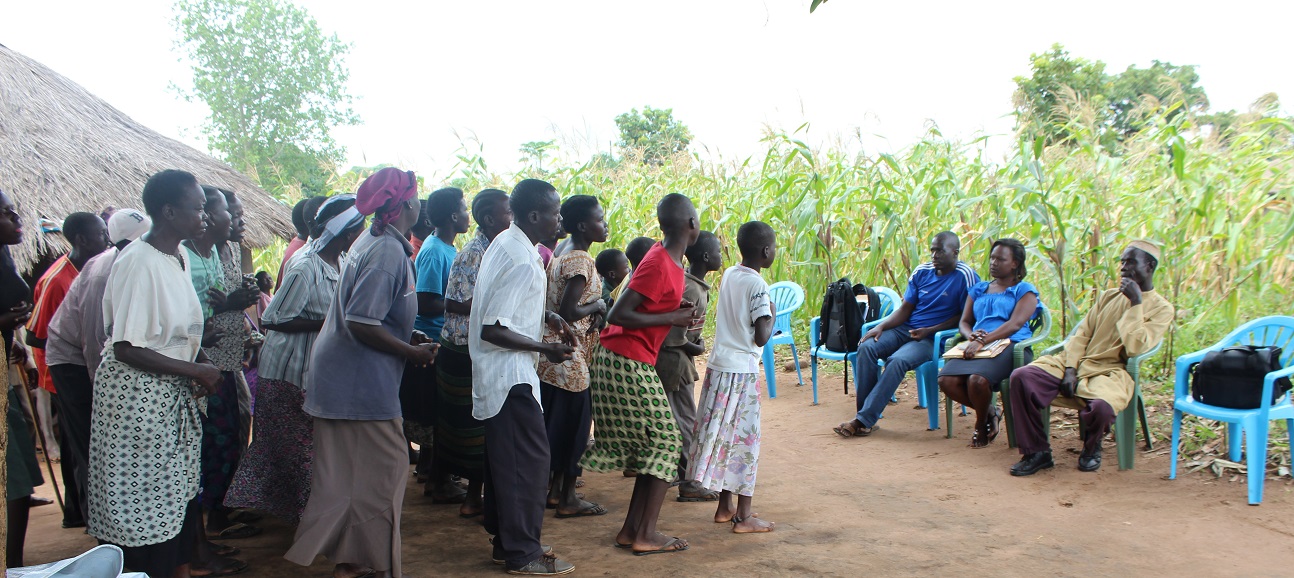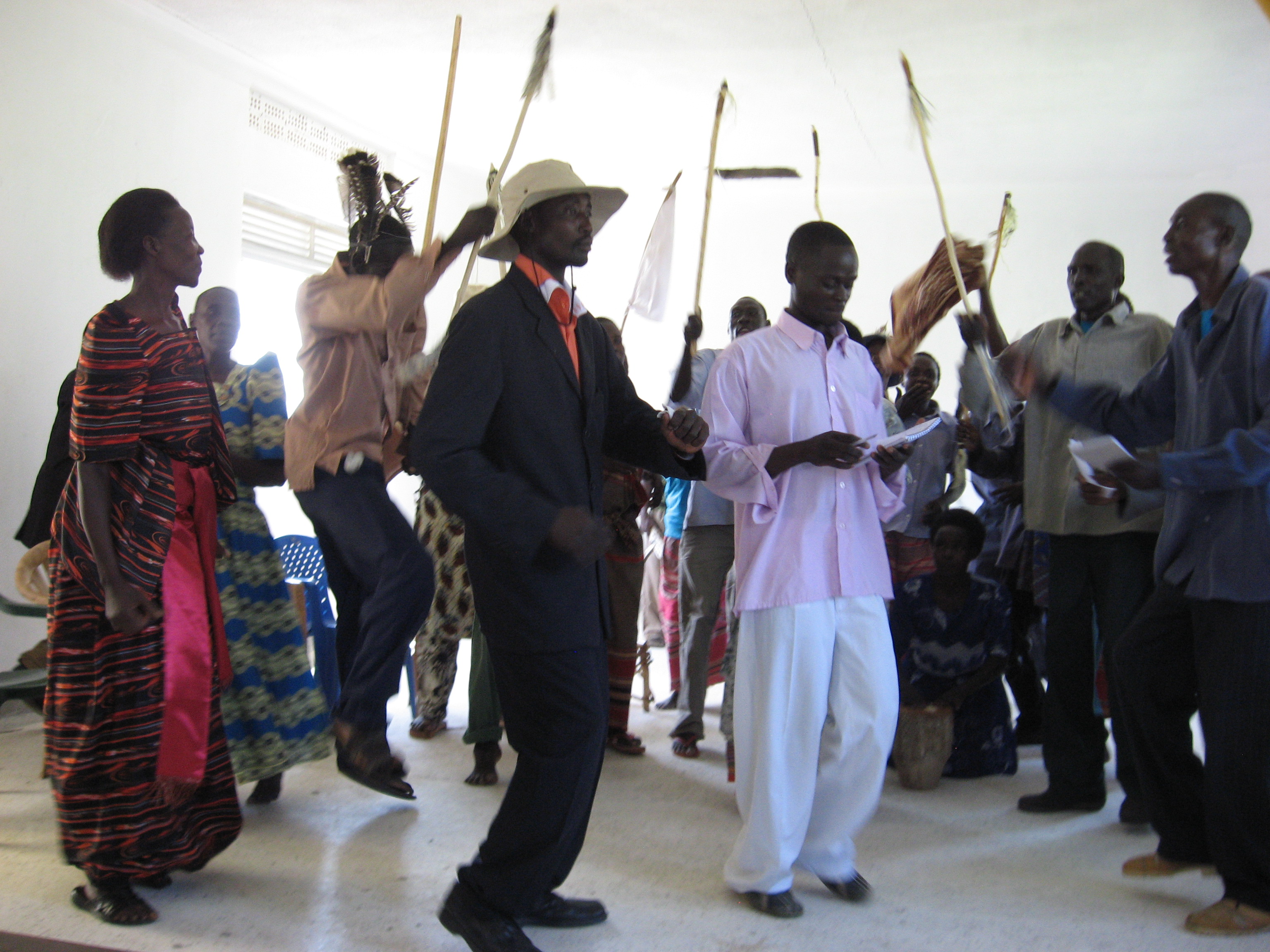
On 6th September 2016, 12 WAN group representatives from the six groups from Adjumani, Pader and Lira districts that are supported by the MacArthur Foundation project on ‘‘Redress for Sexual Gender Based Violence on Conflict Related Wrongs’’ will be trained on community theatre. The objective of the training is to strengthen survivor networks and prepare them on how to effectively use community theatre to address their challenges like the different aspects of revictimisation towards survivors of conflict SGBV.
The training will cover the importance of using theatre, theatre as a way of healing and reconciliation, developing skills for advocacy using theater, documentation of theatre processes, publicizing the theatre, planning, logistics and lobbying for support. Participants will also be trained on how to plan for community theatre performances and this will cover aspects of sharing and analyzing other’s stories, creating theatre performances, directing and rehearsing performances, mapping resources for the theatre activity, conducting theatre performances and evaluating performances.
It is hoped that the knowledge and skills gained will be utilized and demonstrated by the respective groups during the upcoming community dialogues in October 2016 to engage communities in preparation for their forthcoming outreach events in their respective communities viz, dialogues with the community and leaders.
Since theatre is a simple way of communicating sensitive and complicated issues in the community spaces, group members will use songs, drama, art and poetry to communicate to communities what they have not been able to do using mere words.

